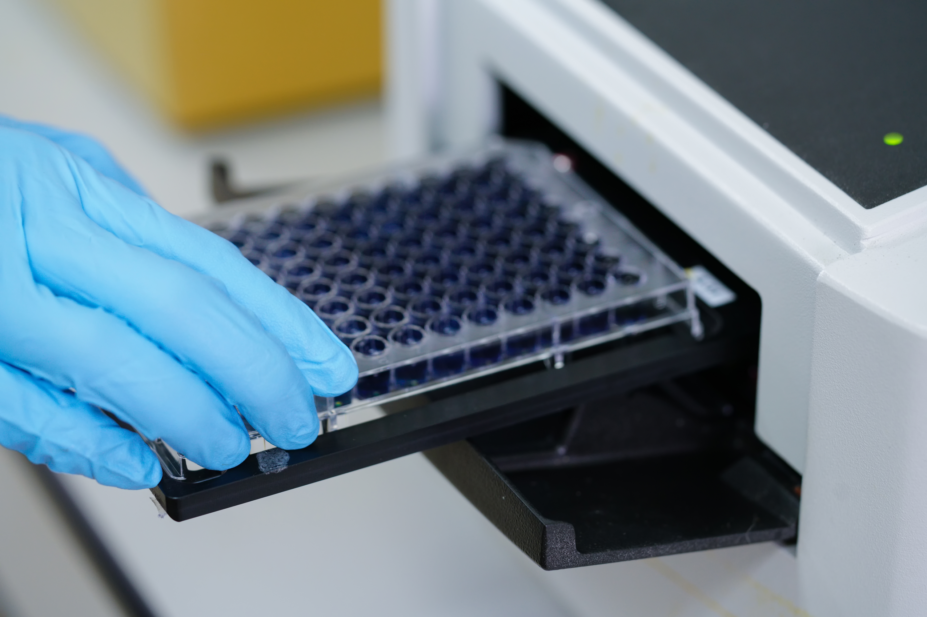
Shutterstock.com
A 21-gene test could allow up to 85% of women with a common type of early breast cancer to forgo chemotherapy and its associated side effects, according to research presented at the annual meeting of the American Society of Clinical Oncology in Chicago[1]
.
The scientists carried out a prospective trial, sponsored by the National Cancer Institute, involving around 10,000 women aged 18–75 years with hormone receptor-positive, human epidermal growth factor receptor 2-negative, axillary node-negative breast cancer, which accounts for approximately half of all breast cancers.
Each of the women had the test, which examines 21 genes from a breast cancer biopsy sample, to determine how active the tumour is. The tumour is then assigned a “recurrence score” from 0 to 100 — the higher the score, the greater the chance the cancer will recur in other organs and decrease survival.
According to the researchers, patients with higher scores (≥26) are more likely to benefit from chemotherapy. In contrast, for patients with a low recurrence score (0–10), the benefits of chemotherapy are unlikely to outweigh the risks and toxicity.
The study focused on those women with a mid-range recurrence score of 11–25, as uncertainty still remains as to whether chemotherapy is beneficial for this group. The mid-range scoring women, who made up 69% of the women in the study, were randomly assigned to receive endocrine therapy alone, or a combination of endocrine therapy and chemotherapy.
They found that endocrine therapy had similar effiacy to chemoendocrine therapy, providing evidence that adjuvant chemotherapy was not beneficial in those patients. At nine years, the two treatment groups had similar rates of invasive disease-free survival (83.3% in the endocrine therapy group and 84.3% in the chemoendocrine therapy group).
However, some benefit of chemotherapy was found in some of the women aged 50 years or younger with a recurrence score of 16–25.
“The study should have a huge impact on doctors and patients — its findings will greatly expand the number of patients who can forgo chemotherapy without compromising their outcomes,” said Kathy Albain, chair of oncology research at Loyola University School of Medicine, in Chicago, USA, and co-author of the study.
“We are de-escalating toxic therapy,” she added.
The researchers said ongoing clinical trials are obtaining additional information on the clinical usefulness of the 21-gene assay in women with hormone receptor-positive breast cancer and positive axillary nodes, and evaluating the clinical usefulness of the 50-gene assay in this context.
References
[1] Sparano J, Gray R, Makower K et al. Adjuvant chemotherapy guided by a 21-gene expression assay in breast cancer. N Eng J Med 2018. doi: 10.1056/NEJMoa1804710


